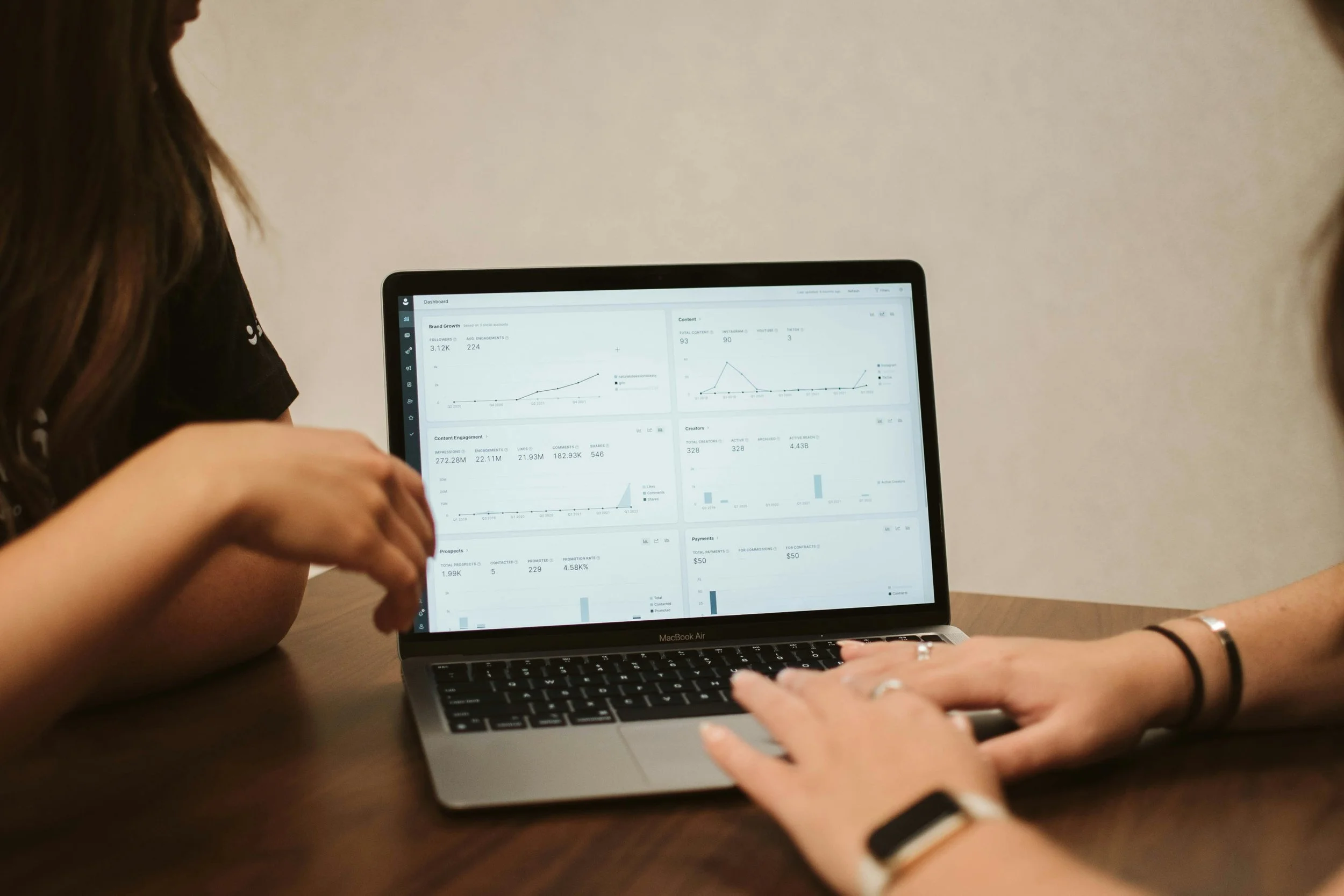In the fast-evolving world of event management, staying ahead of the curve is crucial for delivering impactful experiences. One of the most powerful tools at the disposal of event planners today is data analytics.
By leveraging data-driven insights, event professionals can refine their strategies, enhance attendee experiences, and achieve greater success in planning and execution.
Understanding the Power of Data Analytics
Data analytics involves the systematic analysis of data to extract meaningful insights. In the context of event planning, it enables organizers to make informed decisions by analyzing past events, attendee behavior, and market trends. By doing so, event planners can predict outcomes, identify potential issues, and optimize resources more effectively.
Enhancing Event Planning with Data Analytics
Personalizing Attendee Experiences: Data analytics allows event planners to understand their audience better. By analyzing demographics, preferences, and feedback from previous events, planners can tailor experiences to meet the specific needs and expectations of attendees. Personalized marketing campaigns, customized event schedules, and targeted content delivery are just a few examples of how data can be used to create a more engaging event.
Optimizing Marketing Strategies: With data analytics, event organizers can track the effectiveness of various marketing channels in real-time. By analyzing metrics such as click-through rates, conversion rates, and social media engagement, planners can allocate resources to the most successful channels, ensuring a higher return on investment (ROI) for their marketing efforts.
Improving Logistics and Operations: Efficient event execution depends on seamless logistics and operations. Data analytics can be used to forecast attendance, optimize seating arrangements, manage inventory, and streamline registration processes. For example, predictive analytics can help anticipate peak registration times, allowing for better staffing and reduced wait times.
Enhancing Budget Management: Budgeting is a critical aspect of event planning, and data analytics can play a pivotal role in managing finances. By analyzing past expenditure data, planners can identify areas of overspending and underutilization, enabling more accurate budget forecasts. This data-driven approach ensures that resources are allocated efficiently, reducing the risk of budget overruns.
Measuring Event Success: Post-event analysis is essential for understanding the success of an event. Data analytics provides insights into attendee satisfaction, engagement levels, and overall event impact. By collecting and analyzing feedback, social media mentions, and attendance data, planners can assess the event’s effectiveness and identify areas for improvement in future events.
The Future of Event Planning with Data Analytics
As the events industry continues to embrace digital transformation, the role of data analytics will only grow in importance. Emerging technologies such as artificial intelligence (AI) and machine learning (ML) are set to revolutionize how data is collected, analyzed, and utilized.
These advancements will enable event planners to predict trends, automate decision-making processes, and deliver even more personalized and engaging experiences.
In conclusion, data analytics is not just a tool but a necessity for modern event planning and execution. By harnessing the power of data, event professionals can create more impactful, efficient, and successful events, ultimately driving greater value for attendees and stakeholders alike.

